The Most Honourable Order of the Bath ,Type II, Military Division, Commander
SKU: 01.GBR.0104.205.01
Estimated market value:
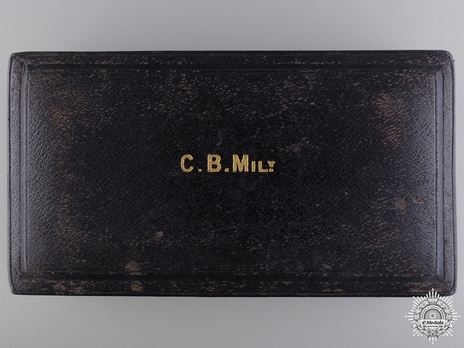
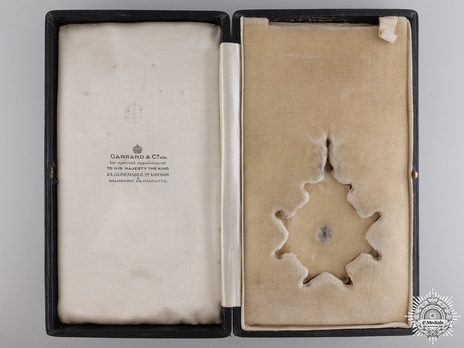
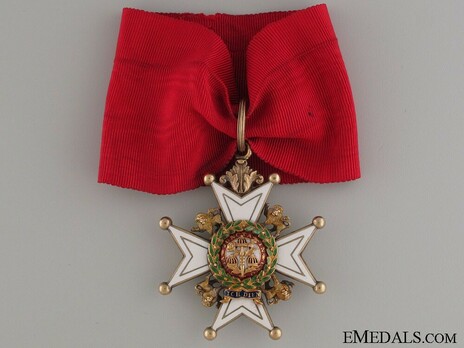
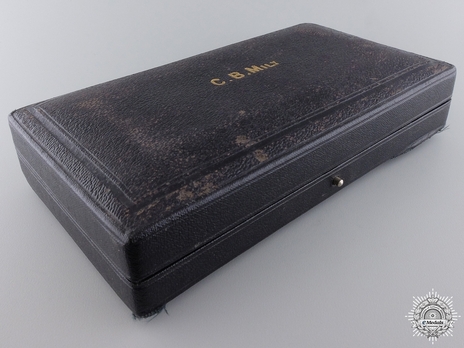
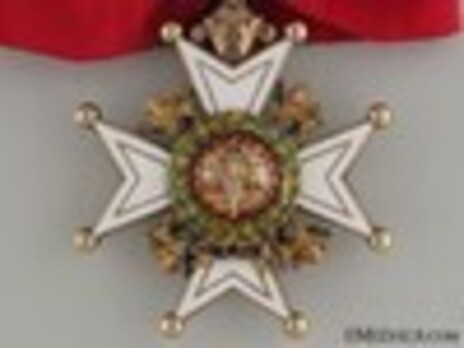
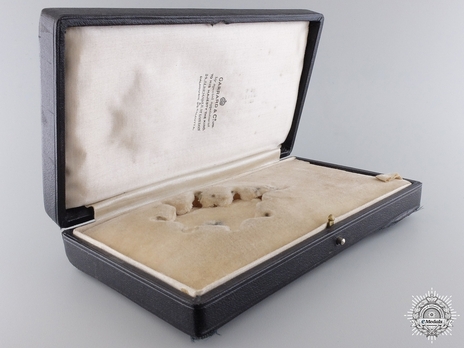
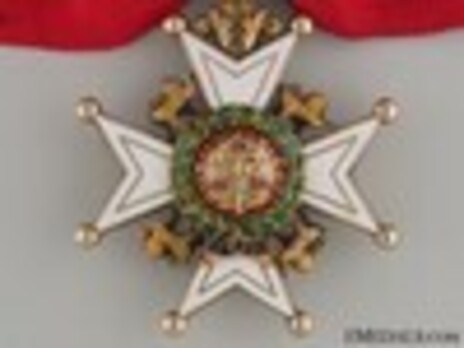
Estimated market value:
Attributes
History
The Most Honourable Order of the Bath was established by King George I in 1725 on the advice of the first Prime Minister of the United Kingdom, Sir Robert Walpole. His proposal was a politically motivated effort to limit the number of members of the Order of the Garter and secure a source of political favours.
The Order derives its name from the ceremonial bath that Knights performed as part of a series of purification rites before they were admitted into knighthood during the medieval era. These rites were continued as part of the tradition until 1815 when the Order was entirely restructured. It has since been the members themselves who have invested the Order with its prestige, and not its thinly veiled connections to traditions of the past.
Membership was originally limited to 36 Knight Companions, but participation in the Napoleonic Wars necessitated an increase in membership to reward military achievement. In 1815, the Order was expanded from a single class into a three-class system with a military and civil division, although the civil division was not formalized until 1847.
The Order is currently conferred by the Prime Minister of the United Kingdom upon citizens of the Commonwealth in recognition of meritorious military and civil service. Since 1971, both men and women can be admitted to the Order. Members of the British Royal Family and foreigners may also be admitted to the Order, but they are not counted in the statutory limits of Knights and Dames. Membership is currently limited to 120 Knights or Dames Grand Cross, 355 Knights or Dames Commander, and 1925 Companions.
Members of the first class are entitled to use the post-nominal letters GCB, members of the second class are entitled to use the post-nominal letters KCB or DCB, and Companions are entitled to use the post-nominal letters CB. Members of the first and second classes are also entitled to use the formal title “Knight” or “Dame.”
The military division incorporates the motto “ICH DIEN” (“I serve”) with the original motto of the Order, used prior to its reorganization and with the Type II Civilian Division, “TRIA JUNCTA IN UNO” (“Three joined in one”).
The Commander is worn by Knights Commander on a neck ribbon, and by Dames Commander on a bow.
There may be additional versions that differ in size, manufacturer, or composition.
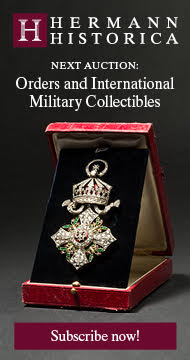
Versions
$2500-3500 USD
Gold/Enamelled
Obv: TRIA JUNCTA IN UNO ICH DIEN Rev: TRIA JUNCTA IN UNO ICH DIEN
49-55mm
Garrard, London
$1200-1800 USD
Silver-gilt/Gold/Enamelled
Obv: TRIA JUNCTA IN UNO ICH DIEN Rev: TRIA JUNCTA IN UNO ICH DIEN
49-53mm
Garrard, London
$650-1100 USD
Silver gilt/Enamelled
Obv: TRIA JUNCTA IN UNO ICH DIEN Rev: TRIA JUNCTA IN UNO ICH DIEN
49-58mm
Garrard, London


Case Of Issue
$250 USD
Comments
Sign in to comment and reply.


Scroll Top